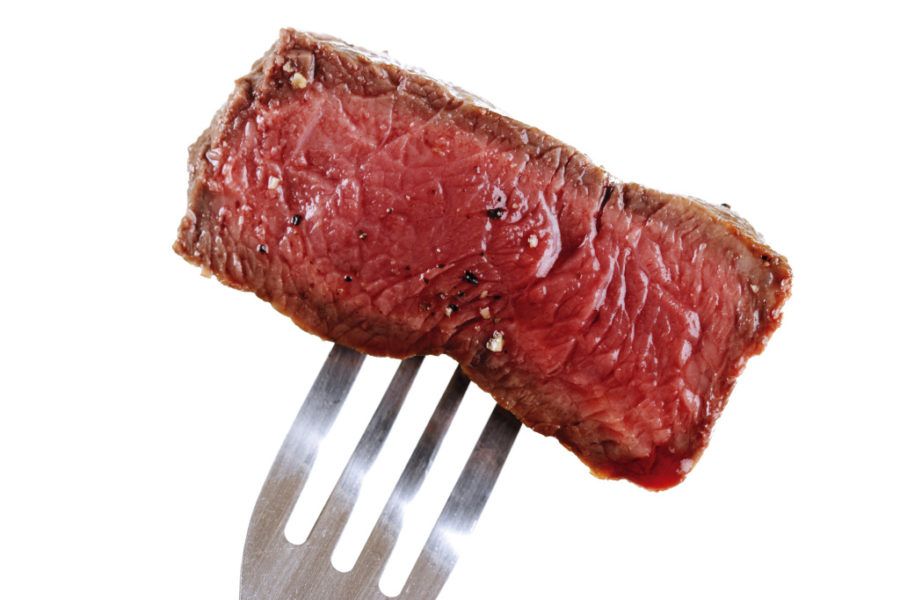
Scientific Wisdom Behind Prohibitions: Dead Meat and Blood
“حُرِّمَتْ عَلَيْكُمُ الْمَيْتَةُ وَالدَّمُ وَلَحْمُ الْخِنزِير” (المائدة:3).
“Forbidden to you (for food) are dead meat, blood and the flesh of swine” (Qur’an, 5: 3).
Risks of Consuming Dead Meat (Carrion) and Blood
God is our Creator and, therefore, He knows what is good and what is bad for us. He has forbidden us to consume already-dead animals (carrion) and blood, not only in the Qur’an –as mentioned in the above verse– but also in the Bible.
“Only you shall not eat the blood; you shall pour it out on the Earth like water.” (Deuteronomy, 12:16)
“He must not eat anything found dead or torn by wild animals, and so become unclean through it. I am the Lord.” (Leviticus, 22:8)
Blood is a good medium for the growth of most microorganisms. Microorganisms can grow to hundreds of millions in both blood and dead tissues of animals, producing large amounts of harmful toxic metabolites and toxins (56).
Some toxins and toxic metabolites are heat-stable and may withstand the heat of cooking and cause health problems. In addition, the high bacterial load in dead animals is a source of exogenous endotoxins which may cause a surge of inflammation. Endotoxins cannot be destroyed through heat or acid treatment.
Animals may also die after eating poisonous plants. Therefore, eating poisoned animals could be harmful.
On the other hand, animals may die as a result of an infection with one of the zoonotic pathogens. Zoonotic pathogens cause dangerous bacterial, viral and parasitic diseases in both humans and animals. If the number of the zoonotic pathogenic microorganisms in a dead animal is large, there is a possibility that some might not be killed during cooking and might cause infections in humans.
Examples of the parasitic diseases which may be acquired through eating dead meat are tapeworms and roundworms. People infected with roundworms may suffer no symptoms, though their health might be affected by the infection.

